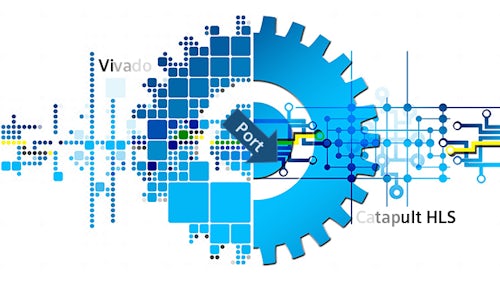Blockchain is an exciting decentralized technology that has the potential to improve food supply chains by lowering transaction costs and times, increasing process transparency, security, and efficiency, and foster consumer trust. Food and beverage products can now be tracked transparently throughout their entire life cycle – from the field to the kitchen – thanks to blockchain technology. Read our white paper to find out how to leverage this technology and IoT to enable complete traceability for the Food and Beverage industry.
Food & beverage consumers are demanding product variety and supply chain transparency
As a result of changing customer interests, increased regulatory controls, and growing global competition, global supply chains are becoming more complex, food safety standards are rising, and more trust issues are emerging. Companies can use blockchain technology to ensure complete traceability and quality assurance from the source of resources to their customers, providing the product variety that consumers demand as well as the security needed to build trust.
IoT data stored in the Blockchain results in a transparent supply chain
Learn how Siemens is using blockchain and the IoT operating system MindSphere to enable complete traceability in the food and beverage supply chain, resulting in significant cost savings, improved inventory holdings, brokerage fees, fraud prevention, recalls, and new consumer trends.
The MindSphere IoT system will enable suppliers, distributors, and manufacturers to collect and store data on the blockchain
Recalls can be handled more quickly and precisely with intelligent blockchain solutions. Suppliers, distributors, and manufacturers can use the open, cloud-based MindSphere IoT system to collect data at every stage of the transportation and manufacturing chains and store it in the Siemens blockchain. This allows a recall to be targeted to a specific batch or production day. As a result, the risk of contaminated food entering the supermarket is reduced, as are the unnecessary effort and costs associated with a needless recall.
Blockchain & IoT data case studies highlight benefits in food safety and seafood supply chain transparency
Dive into real-world case studies that highlight how intelligent blockchain technology has provided companies with the traceability they require to prevent recalls, provide quality control, and provide consumers with the transparency they seek.




